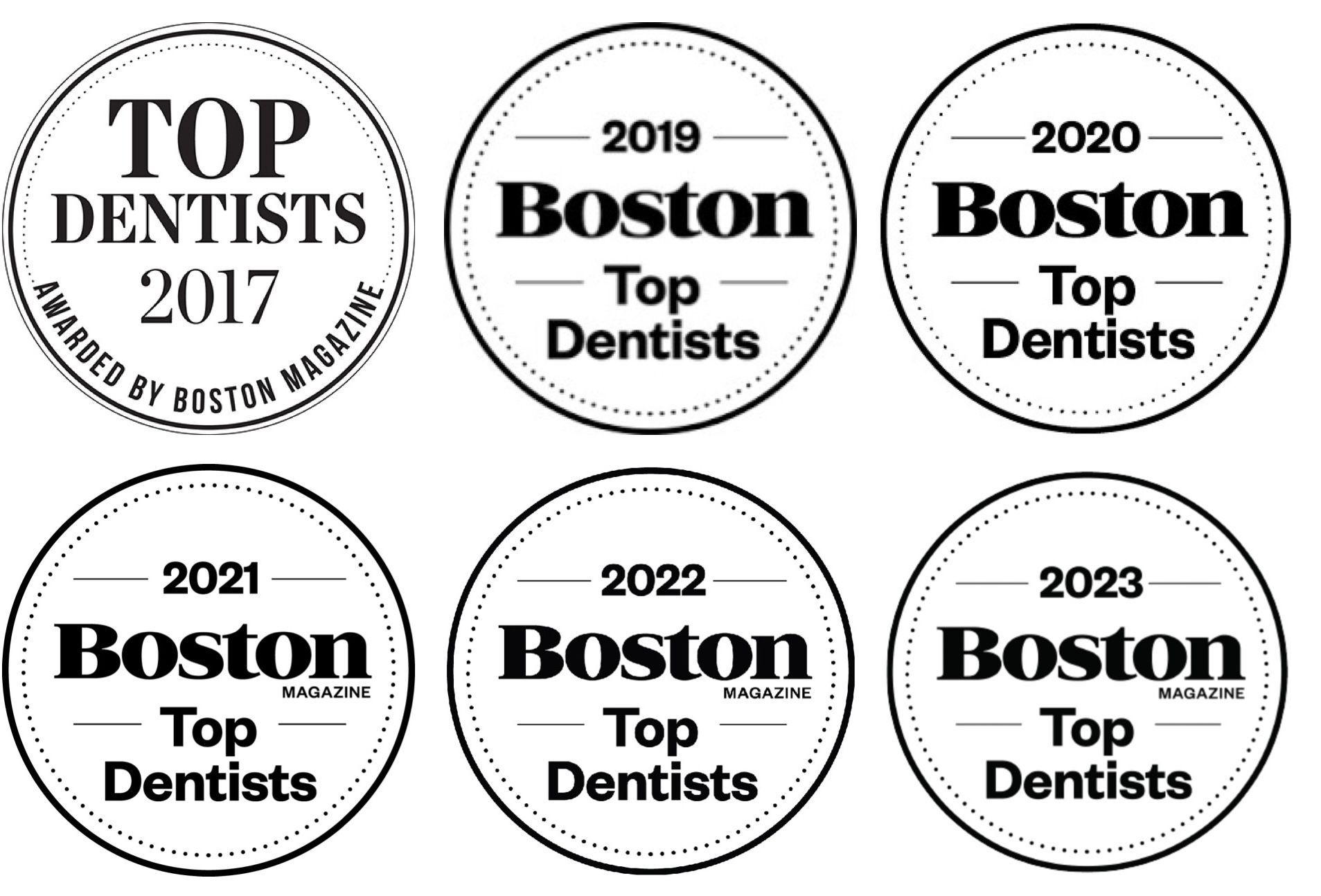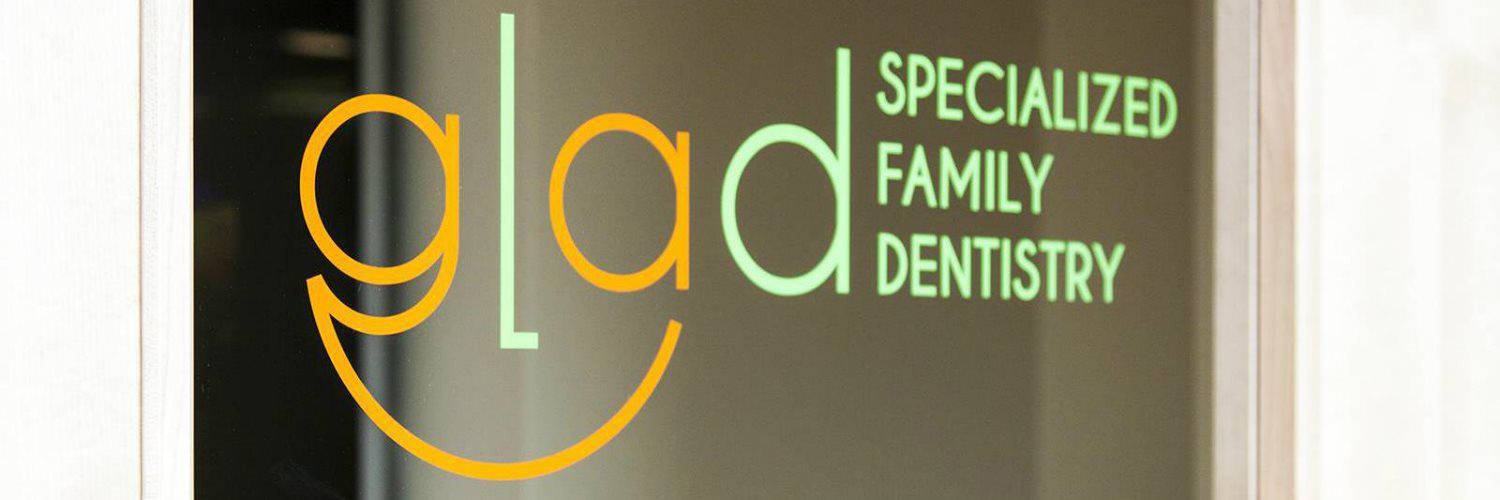Your First Visit
Here at GLAD, our main priority is to provide our patients with the best quality care, while making them feel comfortable and at ease. We understand the anxiety and uneasiness that some children and adults feel towards receiving dental treatment. During your first visit, we will take the time to go over and determine what your main concerns are and set up a treatment plan that best fits your or your childs’ needs. This will include a complete oral examination, and necessary x-rays. Following this initial appointment, we will be glad to discuss our findings, treatment recommendations, fees, and the estimated time necessary to complete the proposed treatment. In order to make you feel most comfortable and put your nerves to rest, we will provide you with as much information as possible and answer any and all questions you may have.
Please assist us by providing the following information at the time of your consultation:
- Health history form including current medications
- Referral slip and any x-rays if applicable
- Medical and dental insurance information
IMPORTANT: A parent/guardian must accompany all patients under the age of 18.
Please alert the office if you have a medical condition that may be of concern prior to your appointment (i.e. diabetes, high blood pressure, artificial heart valves and joints, rheumatic fever, etc.) or if you are on any medication (i.e. heart medications, aspirin, anticoagulant therapy, etc.) or require medication prior to dental cleanings (i.e. antibiotics, for pre-med).
Referral Forms
Dear referring dentist, please print, fill, and email; or hand to your patient to bring to our office.






